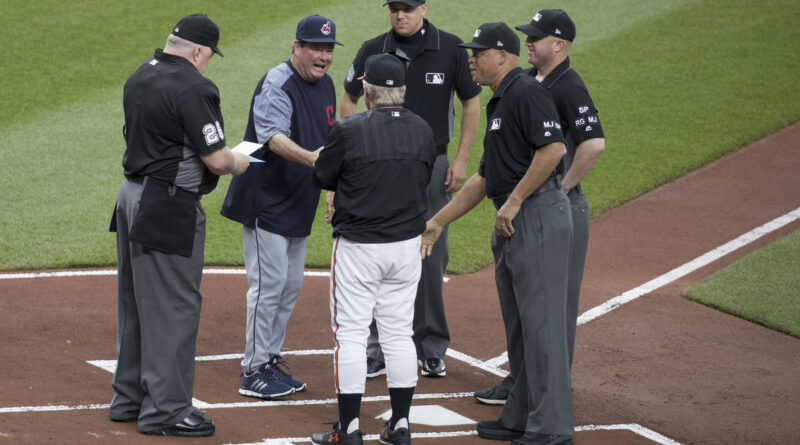The Roles of Umpires and Managers in Organizing Baseball Games
Introduction
Baseball is a beloved sport that has captured the hearts of millions around the world. It is a game that requires precision, strategy, and teamwork. While the players are the stars on the field, there are two crucial roles that often go unnoticed but play a significant role in ensuring the game runs smoothly: umpires and managers. In this blog post, we will explore the important responsibilities of umpires and managers in organizing and officiating baseball games.
The Role of Umpires
Umpires are the impartial officials who enforce the rules of the game and make critical decisions on the field. They play a vital role in maintaining fairness and integrity in baseball. Let’s take a closer look at their responsibilities:
1. Rule Enforcement
Umpires are responsible for enforcing the rules of baseball. They must have a thorough understanding of the rulebook and ensure that both teams adhere to the regulations. This includes making calls on balls and strikes, fair and foul balls, and determining if a player is safe or out.
2. Game Management
Umpires are in charge of managing the flow of the game. They control the pace, ensure that the game progresses smoothly, and prevent any unnecessary delays. Umpires also have the authority to eject players, coaches, or managers who violate the rules or engage in unsportsmanlike behavior.
3. Communication
Clear communication is essential in any sport, and umpires play a crucial role in facilitating this. They must effectively communicate their decisions to players, coaches, and spectators. Umpires also have the responsibility of resolving any disputes or disagreements that may arise during the game.
The Role of Managers
While umpires enforce the rules, managers are responsible for leading their teams and making strategic decisions. Let’s delve into the key responsibilities of baseball managers:
1. Team Strategy
Managers are the masterminds behind the team’s strategy. They analyze the strengths and weaknesses of their players and the opposing team to develop a game plan. This includes determining the batting order, defensive alignments, and making crucial in-game decisions such as when to make substitutions or call for a pitchout.
2. Motivation and Leadership
Managers are not only responsible for the X’s and O’s of the game but also for motivating and leading their players. They must inspire their team to give their best effort and maintain a positive and focused mindset throughout the game. Managers also serve as a point of contact between players and the front office, providing guidance and support.
3. In-Game Decision Making
During the game, managers must make quick and strategic decisions based on the ever-changing circumstances. They must decide when to pull a pitcher, when to attempt a steal, or when to sacrifice a runner. These decisions can have a significant impact on the outcome of the game and require a deep understanding of the game and the abilities of the players.
The Importance of Collaboration
Umpires and managers work together to ensure that the game runs smoothly. While their roles may seem different, they are interdependent and rely on each other for the successful execution of a baseball game. Umpires enforce the rules, while managers strategize and lead their teams. Both parties must maintain a professional relationship and respect each other’s decisions.
Conclusion
In conclusion, umpires and managers play crucial roles in organizing and officiating baseball games. Umpires enforce the rules and ensure fairness, while managers develop strategies and lead their teams. Their collaboration is essential for the smooth running of the game. So, the next time you watch a baseball game, take a moment to appreciate the efforts of these unsung heroes who work behind the scenes to make the game enjoyable for all.

